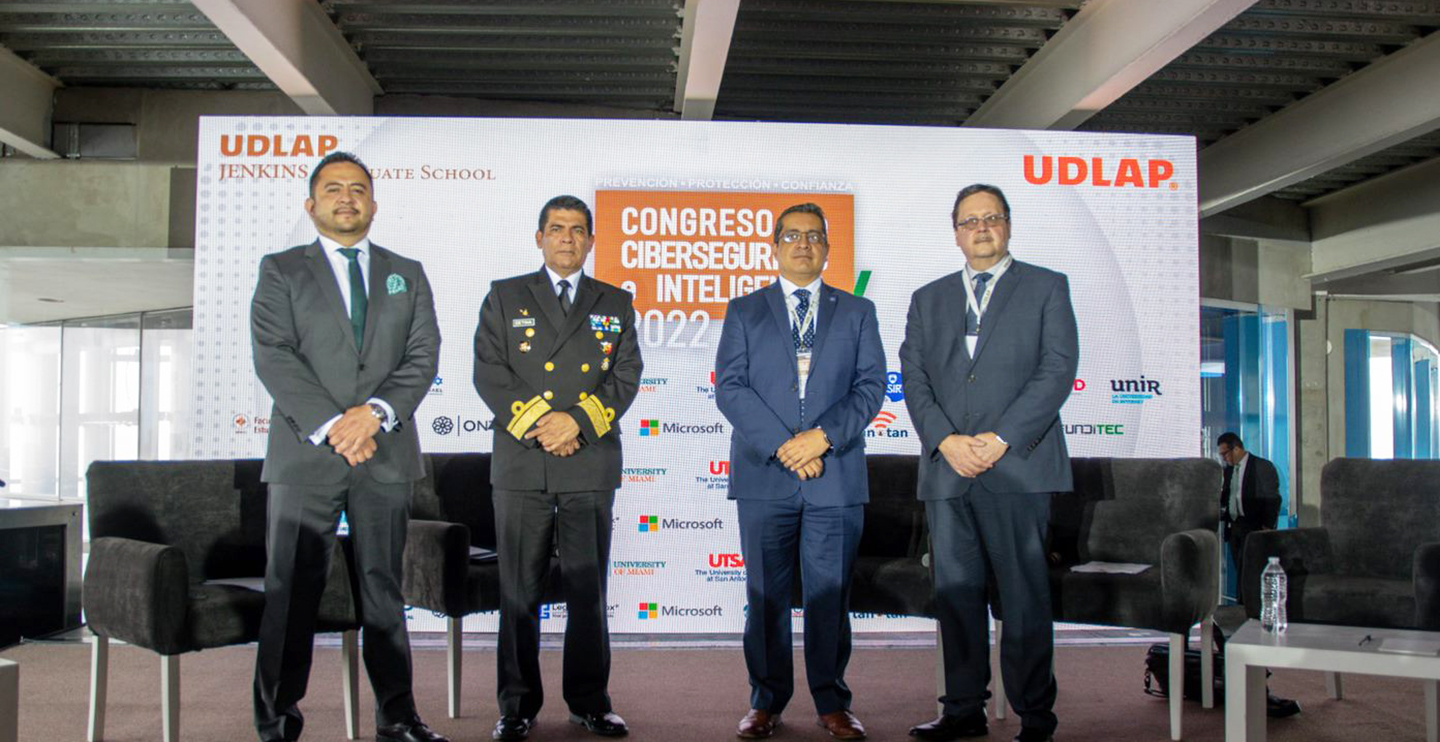Virtual reality (VR) headsets have mostly been popularized by children—and some adults—playing immersive video games. But a team of researchers at the University of Miami Miller School of Medicine led by Azizi Seixas the Principal Investigator of the study, Director of the U’s Media and Innovation Lab (“The MIL”), and Director of Population Health Informatics at the University’s Institute for Data Science & Computing (IDSC), is now testing whether VR can help reduce the overwhelming stress that pregnancy, childbirth, and postpartum can have on people.
The study will use a program called Nurture VR, which is a maternal mental health and educational program designed by the company BehaVR to support expectant moms through the third trimester, labor and delivery experience, and postpartum phases. Nurture VR uses a VR headset to educate and immerse mothers in calm settings like green spaces, beaches, and hillside villas, and guides them through mindfulness meditations, trains them to better deal with anxiety, and provides activities like breathing exercises to give them a mental break.
NurtureVR Hoag x BehaVR Peri-Natal Program from BehaVR, LLC on Vimeo.
 Judite Blanc, a Research Assistant Professor of Psychiatry and Behavioral Sciences at the Miller School who co-leads the study with Seixas, said mental health is critically important for mothers going through the psychological and emotional stresses of having a baby. She said the nation is facing a “maternal health crisis,” and her hope is that easing the mental health burden facing new mothers will not only help them, but also their newborns.
Judite Blanc, a Research Assistant Professor of Psychiatry and Behavioral Sciences at the Miller School who co-leads the study with Seixas, said mental health is critically important for mothers going through the psychological and emotional stresses of having a baby. She said the nation is facing a “maternal health crisis,” and her hope is that easing the mental health burden facing new mothers will not only help them, but also their newborns.
“Your mental health during the pregnancy period, and as well as the postpartum period, is linked with your overall well-being, with how you are going to initiate relationships with your children, as well as the quality of the care that you’re providing,” Blanc said. “This is what we’re tackling.”
“Ten to twenty percent of all women experience perinatal depression, but those rates double for people of color.”
The problem is even more pronounced for Black and Hispanic mothers who often deal with higher levels of different types of stress depression and medical complications. Partly due to systemic racism, those mothers don’t have as much financial support to hire people to help and don’t have equal access to universal healthcare coverage. In 2020, the maternal mortality rate for Black women of 55.3 per 100,000 was nearly three times that of white women, according to data from the U.S. Centers for Disease Control and Prevention. A separate study in 2020 found that 10 to 20% of all women experience perinatal depression, but those rates double for people of color, leading to “wear and tear” on one’s body, according to the American Hospital Association.
“It’s so heart breaking because America, which is the richest country in the world, has statistics in terms of maternal health and maternal mortality for women of color that are comparable to those of a low-income country,” Blanc said.
 Using VR technology to help ease maternal mental health is just one part of the broader goal of using new technologies to improve patient outcomes spearheaded by Seixas. He said their bedrock principles for The Media and Innovation Lab are to develop solutions that are innovative and equitable, meaning they are constantly seeking out breakthrough technologies while ensuring that people from all walks of life can take advantage of them. “We want these solutions to be cool, useful, and impactful,” he said.
Using VR technology to help ease maternal mental health is just one part of the broader goal of using new technologies to improve patient outcomes spearheaded by Seixas. He said their bedrock principles for The Media and Innovation Lab are to develop solutions that are innovative and equitable, meaning they are constantly seeking out breakthrough technologies while ensuring that people from all walks of life can take advantage of them. “We want these solutions to be cool, useful, and impactful,” he said.
The study, which started recruiting participants in December 2022, will include 25 pregnant people and 25 who recently gave birth. They will each receive a VR headset manufactured by Pico for BehaVR and will be required to use them over a 12-week period. Each participant will also receive a $100 gift card as compensation for their time. Blanc and her team will then assess the condition of each participant to see what effect the VR experience had on them.
Blanc, an advocate for universal healthcare coverage and access to free childcare, said their ultimate goal is to make the VR experience for expecting and postpartum mothers available to all, a monumental challenge given the high cost of the devices, the need for a high-speed internet connection at home, and the fact that most insurance companies still don’t cover VR technology or other emerging prescriptive digital therapies. But Seixas said recent political developments have shown that Blanc’s dream of a VR experience for every mother is possible.
Seixas said politicians have started making major investments in mental health as multiple crises have hit the U.S. The former President, Donald Trump, signed into law a sweeping response to the national opioid epidemic that included $1 billion in funding for mental health initiatives. President Joe Biden signed another law that provided $330 million for youth mental health. And Vice President Kamala Harris started a maternal health initiative that culminated in more than $1 billion in postpartum insurance coverage, included in the Build Back Better Act of 2021.
Insurance companies are also starting to cover some prescriptive digital therapies. A bill introduced in Congress this year would even require Medicaid and Medicare to start approving those novel technologies. “Our study really is consistent with a larger policy zeitgeist,” Seixas said. “We don’t think we’re a needle in a haystack, but rather, just executing against a policy that’s been laid out for us. We just need more people to do it to have a larger reverberation so people know these are the options that are available.”
Blanc and Seixas hope the study can contribute to a better understanding of the benefits of VR because after testing it herself, Blanc said, she saw its potential. “As a Black mother, I really wish I had something like that when I was pregnant and after I had my daughter,” she said.
Tags: American Hospital Association, Azizi Seixas, BehaVR, Build Back Better Act of 2021, CDC, he Media and Innovation Lab, Judite Blanc, Kamala Harris, Maternal Mental Health, NurtureVR, Pico, Population Health Informatics, Psychiatry and Behavioral Sciences, U.S. Centers for Disease Control and Prevention, VR


